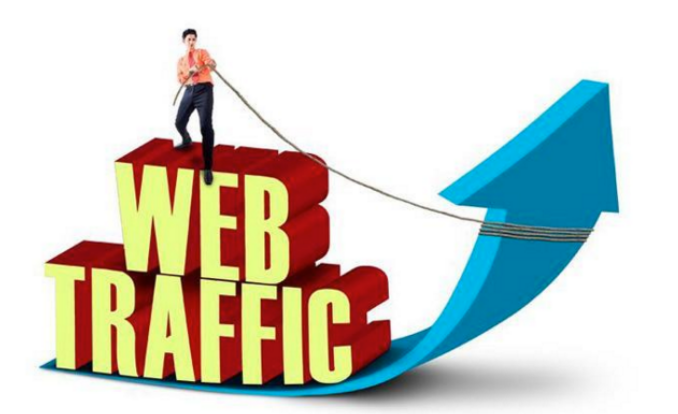The utmost reasons people plan out to develop and own a website for either a business, brand promotion, craft and art, blogging or perhaps share their personal life stories and views with others are simple to know — it’s because they need people to come, read through, and see whatever contents is there on their website. Thence deciding what next action or the other they’ll like to take. In cases like this, it’s left for you as a website owner to give your audience the right thing they desire.
If you’re just thinking of another great way to help increase website traffic and yet boost visibility on Google ranking. Then there are several approaches to that, Building your websites and optimizing them for search engine visibility is the foremost, perhaps spending a few hours developing quality contents could also pay off.

Let’s Take a Look at Other Best Practices
Publishing the relevant Contents on your Site
Quality content is the main driver of your internet searcher rankings and there is not even one viable replacement for an incredible content. Quality content curated particularly for your proposed client builds the site into success, which enhances your site’s power and significance.
Figure out and optimize a keyword phrase for every page. Consider how your reader may hunt down that particular page (with expressions like “mechanical building in Michigan,”best connected material science project,” or “Michigan Tech degrees, etc”). At that point, rehash this phrase a few times all through the page contents all direct from the opening and ending paragraphs, and two to four more times all through the staying content.
Remembering the Meta tags and Corresponding Descriptions
It is necessary to remember the core practices of content creation and update on your website, the steps to take when posting a single article, as well, how best to optimize it to meet your goals. Do you know about the <head> tag, and other <meta tags>? What about keyword and description tag fill-up and maybe a shortened URL without stop-words.
Title Metadata
Title metadata is in charge of the page titles showed at the highest point of your website’s browser window. It is the most imperative metadata on your page. For those with a CMS site, the CMS open source team developers have built up an automated system for making the meta title for every website page.
Description Metadata
Description metadata is the literary depiction that a program will use in your page search return. Consider it your site’s window show, a brief and engaging description of what is contained inside a page or post which you have written, with the objective of urging visitors to come in and peruse through your website content.
Keyword Metadata
Keyword metadata are the search queries that individuals sort when they need to anything on the internet, any information as they need to see or know. You’ll need it include a lot of mixed values and words of expressions into the keyword search to enhance search traffic.
Be that as it may, don’t get too greedy: if your list of Keyword gets to excess, search engines might ignore your page automatically — believing you’re practically spamming with keywords. If you’re in doubt, attempt to keep it to around 6-8 phrases with every expression comprising of 1-4 words.